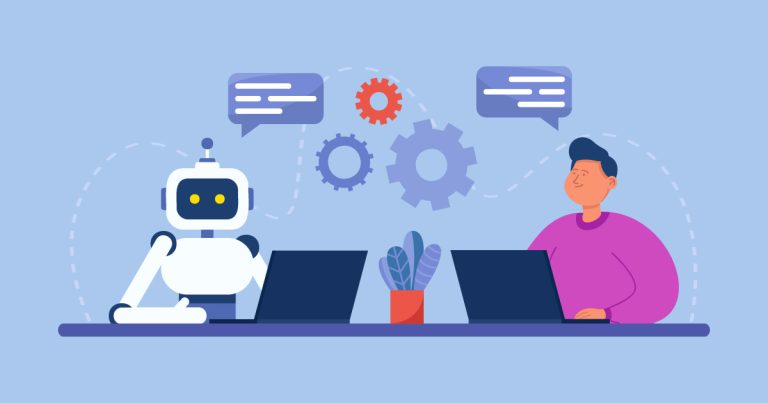
The Revolution of AI in Software Development: A Leap Towards Efficiency and Innovation
The software development industry has been at the forefront of technological advancements, continually seeking ways to improve efficiency and deliver innovative solutions. In recent years, the integration of artificial intelligence (AI) has catalyzed a transformative shift in the software development landscape. From automating repetitive tasks to enhancing software testing and predicting user behavior, AI is revolutionizing how software is conceptualized, developed, and deployed. In this article, we will explore the significant strides that AI has made in the software development industry and its potential to reshape the future of programming.
Accelerating Development Processes
AI-powered tools and frameworks are streamlining the software development lifecycle. AI assists in automating coding tasks, generating code snippets, and suggesting optimized algorithms, reducing human effort and accelerating development processes. This enables developers to focus on more creative and high-level tasks, fostering innovation within the industry.
Enhanced Software Testing
Software testing is a critical phase in development to ensure the reliability and functionality of applications. AI is significantly improving the quality and efficiency of testing procedures through automated testing tools and the ability to identify bugs, vulnerabilities, and performance issues. This helps in delivering robust and error-free software to end-users.
Predictive Analytics and User Behavior
AI’s data-driven capabilities enable software developers to analyze user behavior, preferences, and interactions with applications. Predictive analytics helps in understanding user needs, allowing developers to tailor software features and experiences to suit specific user segments, thereby enhancing user satisfaction and retention.
Natural Language Processing (NLP) for Code Understanding
NLP, a subfield of AI, facilitates the comprehension of human language by machines. AI-powered NLP tools assist developers in understanding and extracting insights from vast amounts of documentation, requirements, and codebases. This enhances collaboration among development teams and ensures seamless knowledge transfer.
Intelligent Code Completion
AI-powered code completion tools offer real-time suggestions while writing code, significantly increasing coding speed and accuracy. These tools analyze the context and patterns in existing code to provide relevant code snippets and function signatures, empowering developers to write code more efficiently.
Bug Detection and Fixing
AI’s ability to identify patterns in codebases helps in detecting potential bugs and security vulnerabilities early in the development process. Moreover, AI-powered tools can suggest fixes or even automate the process of bug resolution, saving time and effort for developers.
Continuous Integration and Deployment (CI/CD) Optimization
AI optimizes CI/CD pipelines by predicting code changes’ impact on the software and automatically testing these changes for potential issues. This ensures a smooth and efficient deployment process, reducing the risk of failures in production.
Code Refactoring and Optimization
AI algorithms can analyze code to identify performance bottlenecks and areas for refactoring and optimization. This results in more efficient and faster-running software, ultimately improving the end-user experience.
The integration of AI in the software development industry marks a significant turning point, empowering developers with tools and capabilities that were once purely science fiction. From automating mundane tasks to augmenting creativity and problem-solving, AI’s impact on software development is unmistakable. As AI technologies continue to evolve, the industry can expect even greater strides in innovation, efficiency, and software quality. Embracing AI-driven solutions and practices will be key for software development companies to stay competitive and deliver cutting-edge applications that cater to the ever-evolving demands of users worldwide. The symbiotic relationship between human ingenuity and AI-driven automation holds the potential to reshape the software development landscape and pave the way for a more intelligent and advanced digital era.